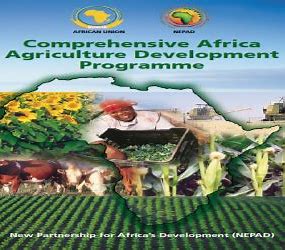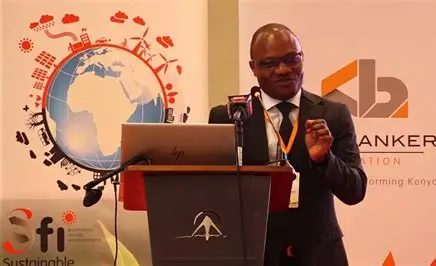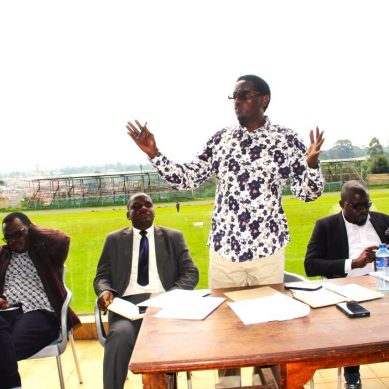
Africa’s burgeoning food crisis is the subject of a new 10-year strategic plan to address the challenges and opportunities facing Africa’s agrifood systems.
Already plans are in high gear to ensure that Africa resilient and sustainable agrifood systems to cushion its citizens from the ravages of hunger that currently affects more than 134 million people on the continent.
The strategic plan is an outcome of the African Union, which acting on a directive of the heads of state and government, developed a fresh 10-year Comprehensive Africa Agricultural Development (CAADP) strategic and action plan enforceable from 2026-2035 to address the continent’s agrifood system’s hits and misses to ensure an all-round healthy and prosperous Africa that is in tandem with the aspirations of Agenda 2063.
Speaking at the African Union Summit on Post-Malabo Comprehensive Africa Agricultural Development (CAADP) media launch on December 19, 2024 in Kampala, Uganda, Commissioner for Agriculture, Rural Development, Blue Economy and Sustainable Environment Ambassador Josefa Sacko, stated that the 10-year CAADP strategy and action plan aims to increase food production, grow value addition, uplift intra-Africa trade, create millions of employment opportunities for the youths and women who are at the centre of the agrifood systems realisation, build an altogether agrifood value chains and set up an shock free resilient and sustainable agrifood systems for now and the future of Africa.
The commissioner announced that the African Union was ready to deliver towards the formulation and adoption of the new 10-year CAADP strategy and action plan (2026-2035) as well as the Kampala declaration that will see Uganda being on the CAADP 10-year road map as Kampala CAADP declaration replacing the Malabo one.
“All this is happening after the African Union commission tabled the Fourth CAADP Biennial Review Report before the continent’s heads of state and government at the 37th Ordinary session of the African Union Assembly of which the leaders expressed their concerns that none of their respective countries was on target to implement the Malabo CAADP goals and target by 2025, the directive to us African Union (AU) African union development agency (AUDA-NEPAD) in collaboration with other partners to craft a Post-Malabo CAADP Agenda to respond to both the positive and negative challenges bedevilling the continent’s agrifood systems hence the birth of a new 10-year CAADP strategic and action (2026-2035) plan and the Kampala CAADP declaration,” she hinted.
The exact objective of the CAADP strategy and action plan is to strengthen the persistent sustainable food production, agro-industrialisation and trade, boost both private and public sectors through financing and investments that will transform agrifood systems besides ensuring sufficient food and nutrition security across the continent.
It is also supposed to bring on board youth, women and marginalised groups for inclusive and equitable livelihood advancement, be ready to address climatic changes challenges among other shocks and stressors that threatens to infiltrate the resilience of agrifood systems and ensure that both national and regional levels of governance are strengthened to implement agrifood systems.
The summit according to the commissioner which is organised by the African Union and the republic of Uganda will commence in three weeks is a huge milestone as it will see the union’s heads of state and government consider and adopt the (2026-2035) CAADP strategic plan as well as the Kampala CAADP declaration in a landmark that will shape Africa’s agrifood systems transformation for the next ten years.
“Upon our adoption of these two very important documents, we will embark on the implementation journey and that is why I’m humbly calling on all the African Union member states to quickly domesticate the Kampala CAADP declaration into a national agrifood systems investment plans and mobilise adequate technical and financial resources for their implementation process as it is only through domestication and effective realization that we will be able to achieve our goals and targets by the year 2035” she concluded.
- A Tell report / By Isaac Wakhungu Andanje








